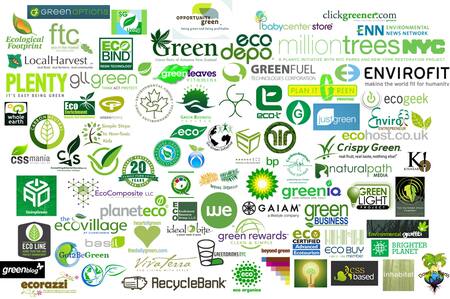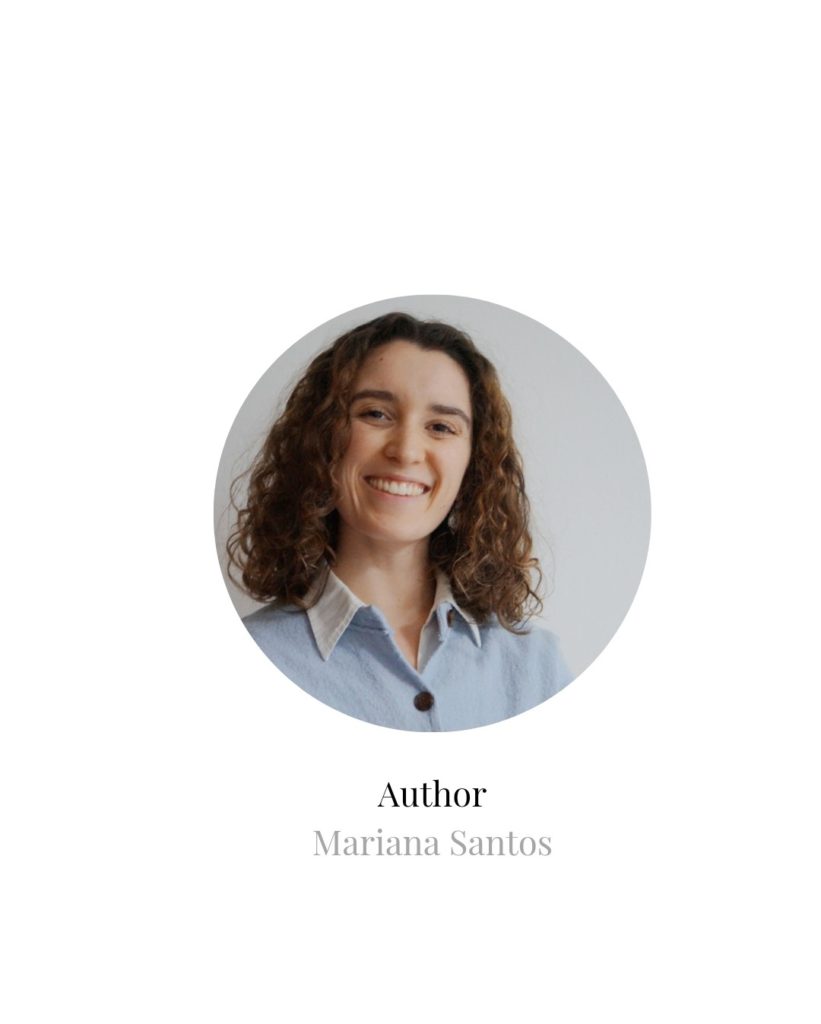A consumers guide through ecolabels and certifications

Ecolabels are voluntary labeling systems for food and consumer products, with the aim to guide consumers to make better and more informed choices. According to the Ecolabel Index, there are currently 455 ecolabels in 199 countries, and in 25 industry sectors. The creation of eco-labels for Organic food gave origin to sustainability standards and certifications, which are voluntary standards used by producers, traders, retailers, brands, and service providers. These standards and certifications show a company’s commitment to environmental quality, social equity, and economic prosperity. These certifications help to guarantee the workers’ health and safety, protect communities and the environment, human rights, and, finally, help minimize the impacts of production and consumption of the products in question.
Ecolabels can be owned, created, and handled by government agencies, non-governmental organizations, NGOs, by the companies themself, by partnerships between NGOs and companies, for example, and finally, by stakeholders. A stakeholder is someone that is influenced or influences a corporation, like the Government, customers, suppliers, employees, local communities, owners, etc. In reality, who creates and manages these certifications influence their validity and consumers might not trust certain entities, or they might have a preference between a label that was created by an NGO, so with no profits in mind, over a label created by the company that produces the product, for example.
Certifications and ecolabels can be a useful marketing and visual tool to help consumers decide which product to buy or from which brand “to trust” to do so, but it can furthermore educate consumers on the corporate social responsibility practices of companies.
However, depending on the validity of those ecolabels and certifications companies might try to take advantage of the consumers’ environmental concerns and practice so-called greenwashing on them. Greenwashing is a process of providing misleading information about a company’s products, leading consumers to believe that those products (or the company) are environmentally friendly. Greenwashing can happen when companies create their own labels that do not deliver real social, environmental, and economic results, thus resulting in fact labeling. There is no consensus regarding what entity is the most trustworthy when auditing for certifications, however, one that is worth mentioning is the International Organization for Standardization, ISO, which is an independent, non-governmental international organization that develops international standards for companies. More specifically, ISO 14024- Type I environmental labeling- Principles and Procedures- is a standard that includes the selection of product-environmental-criteria and product-function- characteristics and for measuring and showing compliance. Furthermore, this standard verifies the certification procedures for awarding the label.
Certification may apply to companies or certain company’s products. Below some examples of the most common certifications will be explored:
- Certified B-Corporation is for companies verified by B-Lab, a global non-profit organization that measures the overall positive impact of companies based on how they create value for stakeholders. B-Corporations have the mission to go beyond Governments and NGOs to create a positive impact for society, using the power of business to solve social and environmental problems. These corporations meet comprehensive and transparent social and environmental performance standards, and legal accounting to balance profits and purpose. The purpose of the B Corp community is to reduce inequality, poverty, promote a healthier environment, and create high-quality jobs with dignity and purpose. Examples of B Corps are Pukka, Patagonia, Ben&Jerry’s, Danone, among others.
- EU Ecolabel was created in 1992 and it is a voluntary governmental certification for products of environmental excellence that demands high environmental standards throughout the life cycle of a product. The EU Ecolabel promotes a circular economy and encourages companies to create products that are durable, easy to repair, and recycle. This label is verified by a third party.
- Fairtrade International is an association of 25 organizations that promote and certificate the FAIRTRADE Mark which means that producers and businesses have met globally recognized standards that were independently certified. Fairtrade works through prices, providing decent working conditions and a fairer deal for farmers in developing countries, but also, it allows them to improve their lives and invest in their future. Purchasing a product certified by Fairtrade helps to reduce poverty, for example. Products that have the FAIRTRADE Certification Mark are produced and traded according to the Fairtrade Standards, which englobe social, environmental, and economic criteria. These standards are designed to support the sustainable development of small-scale producers in poor countries.
- Rainforest Alliance Certified label is in products that come from a farm or forest that meets comprehensive standards that protect the environment and promote the rights and well-being of workers and their families. This certification is verified by an independent organization. The Rainforest Alliance purpose is to protect forests, improve rural prosperity, promote their human rights, and help them mitigate and adjust to climate crisis. Coffee, tea, chocolate, beverages and juices, flowers, papers, furniture are among the products where you might find this label.
- UTZ certified label stands for more sustainable farming. The UTZ certification program is part of the Rainforest Alliance, and these labels are also audited by an independent organization. UTZ certified sets demanding obligations for farmers for the farming of coffee, cocoa, and tea. Hence, products like coffee, cocoa, tea, hazelnuts are eligible to have this label.
- Marine Stewardship Council, MSC, is an international non-profit organization that has the mission to keep oceans healthy by promoting sustainable fishing practices. MSC follows three principles: sustainable fish stocks, minimizing environmental impact, and effective management. The blue MSC labels are independently verified and are applied to fish products.
- Forest Stewardship Council, FSC, promotes an appropriate, socially beneficial, and economically viable long-term management of the world’s forests. The FSC Forest Management Certification is annually verified by independent auditors. Forest products and paper are among the products that this ecolabel applies.
Ecolabels are not free of criticism, including the ones mentioned above, however, as regulation improves and develops, and there is a convergence towards globally accepted standards label validation will improve. Moreover, according to Klaus (2013), food ecolabels do not have a big influence on consumers’ food choices, and their use in the future will mostly depend on consumers turning their sustainability concerns into actual changes of behavior. Nonetheless, it is a tool that empowers consumers’ choices and organizations to move towards a greener future.
References:
About. (2021, October 26). Rainforest Alliance. https://www.rainforest-alliance.org/about/
About B Corps | Certified B Corporation. (n.d.). Certified B Corporation. https://bcorporation.net/about-b-corps
About us. (n.d.). ISO. https://www.iso.org/about-us.html
Ecolabel Index | Who’s deciding what’s green? (n.d.). Ecolabel Index. https://www.ecolabelindex.com:443/
EU Ecolabel – Environment – European Commission. (n.d.). European Commission. https://ec.europa.eu/environment/ecolabel/
The Fairtrade Marks. (n.d.). Fairtrade International. https://www.fairtrade.net/about/fairtrade-marks
Forest Stewardship Council® (FSC) Forest Management Certification | Ecolabel Index. (n.d.). Ecolabel Index. https://www.ecolabelindex.com/ecolabel/forest-stewardship-council-fsc-forest-management-certification
Grunert, K. G., Hieke, S., & Wills, J. (2014). Sustainability labels on food products: Consumer motivation, understanding, and use. Food Policy, 44, 177–189. https://doi.org/10.1016/j.foodpol.2013.12.001
Introduction to Ecolabels and Standards for Greener Products. (2021, November 22). US EPA. https://www.epa.gov/greenerproducts/introduction-ecolabels-and-standards-greener-products
ISO 14024:2018. (2018, March 9). ISO. https://www.iso.org/standard/72458.html
UTZ Certification (Now Part of the). (2021, July 29). Rainforest Alliance. https://www.rainforest-alliance.org/utz/
What is the MSC. (n.d.). MSC International – English. https://www.msc.org/about-the-msc/what-is-the-msc
What You Should Know About Greenwashing. (2021, January 23). Investopedia. https://www.investopedia.com/terms/g/greenwashing.asp
Wikipedia contributors. (2021a, November 29). Ecolabel. Wikipedia. https://en.wikipedia.org/wiki/Ecolabel
Wikipedia contributors. (2021b, December 3). Sustainability standards and certification. Wikipedia. https://en.wikipedia.org/wiki/Sustainability_standards_and_certification

